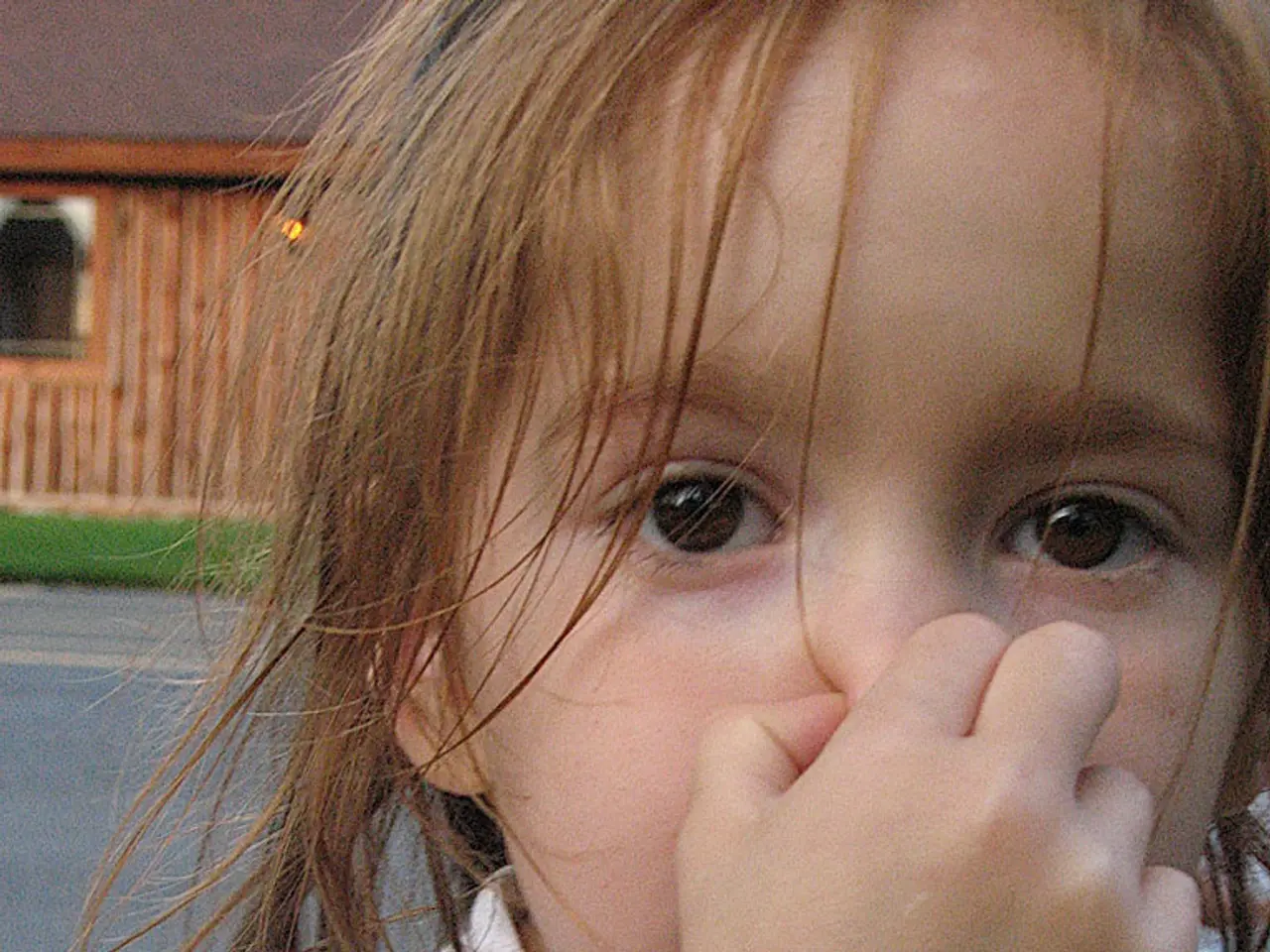Advantages of Natural Remedies for Asthmatic Children Treatment
Childhood asthma is a common respiratory condition that affects many children worldwide. Symptoms such as whistling or crackling while breathing out, cough with sputum production, breathlessness, and chest constriction can significantly impact a child's quality of life. Traditional asthma treatments, including inhalers, prescription medications, and changes in daily routine, play a crucial role in managing the condition. However, a growing interest in herbal remedies has emerged as a potential complementary approach.
Herbal medicine, a practice that dates back thousands of years, uses parts of plants and other natural substances to cure ailments. In the context of asthma, certain herbs have shown promise in alleviating symptoms due to their anti-inflammatory and bronchodilator properties. Among these are butterbur, thyme, and peppermint, which could potentially reduce inflammation, strengthen the body's natural barrier, and offer a form of treatment.
However, it is essential to approach the use of herbal remedies with caution, especially when it comes to children. Consultation with a doctor is necessary to ensure the safety and proper dosage of these remedies. Additionally, consulting an asthma specialist is recommended before integrating herbal remedies into a child's treatment regime.
Some herbs, such as Ephedra, should be avoided by asthmatics due to their potential to raise heart rate and other harmful consequences. On the other hand, herbs like turmeric and ginger, known for their anti-inflammatory properties, may offer a reduced likelihood of side effects compared to traditional asthma medications.
While some herbal remedies and traditional Chinese medicine combinations show promising results for asthma symptom relief and airway inflammation reduction, the evidence in children is still limited. For instance, studies such as ASHMI (anti-asthma herbal medicine intervention), a blend of lingzhi mushroom, licorice root, and sophora root, have shown potential in alleviating asthma symptoms by reducing airway constriction and inflammation. However, these studies are often based on small trials or preliminary research.
Allergic reactions and potential drug interactions are concerns when using herbal remedies, and healthcare providers can help determine safe doses and avoid unfavorable reactions. Routine check-ups are essential when integrating herbal therapies to monitor the child's asthma symptoms.
A holistic approach, combining herbal remedies with traditional asthma treatments, can be more effective than singular practices. Introducing certain herbs into a child's diet may be a non-pharmacological measure for controlling asthma symptoms. However, it is crucial to remember that herbal remedies should not replace conventional asthma treatments but rather be used in conjunction with them, creating a comprehensive management plan.
In conclusion, while the effectiveness of herbs in managing asthma is not well-documented by large-scale clinical trials, parents should carefully select remedies that have undergone rigorous scientific studies. Consulting a healthcare provider is crucial to find the right herbal remedies for a child with asthma, ensuring safety, proper dosing, and the most effective treatment plan.
1) The anti-inflammatory and bronchodilator properties of certain herbs, such as butterbur, thyme, and peppermint, could potentially strengthen a child's body and reduce asthma symptoms.
2) To ensure safety and proper dosage when using herbal remedies for treating childhood asthma, it is recommended to consult a doctor and an asthma specialist.
3) Herbs like turmeric and ginger, due to their anti-inflammatory properties, may offer a reduced likelihood of side effects compared to traditional asthma medications.
4) Incorporating herbal remedies into a child's diet, as part of a holistic approach, may help control asthma symptoms without the need for pharmacological interventions.
5) Parents should carefully select herbal remedies that have undergone rigorous scientific studies and consult a healthcare provider for guidance in finding the right remedies for their child's asthma treatment plan.




